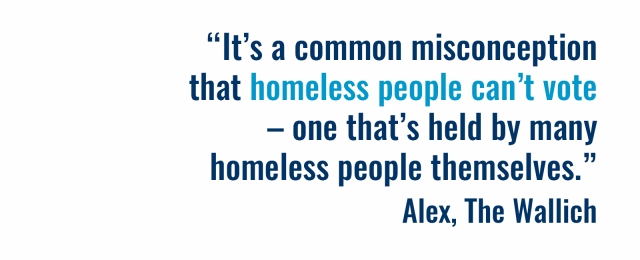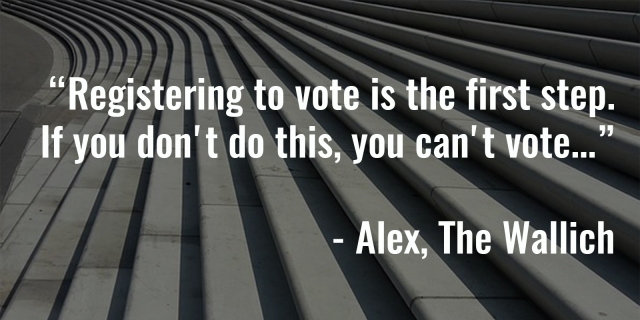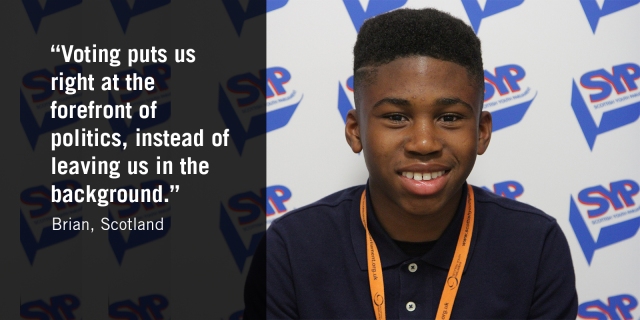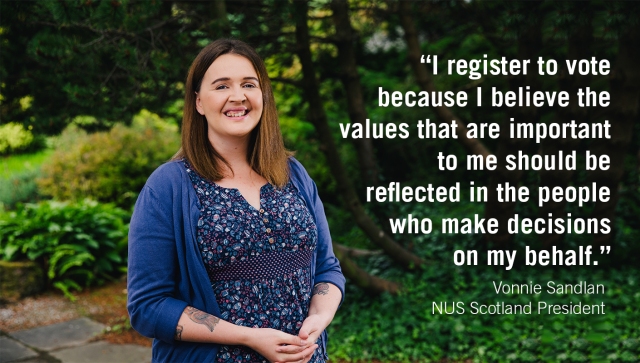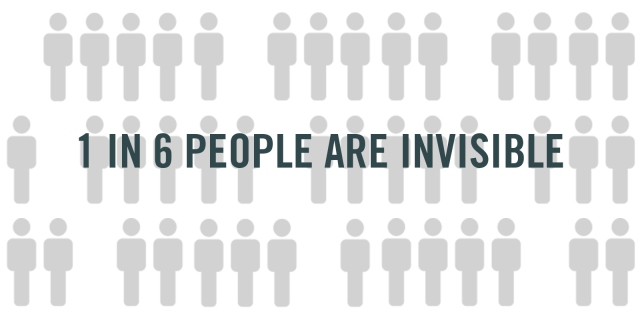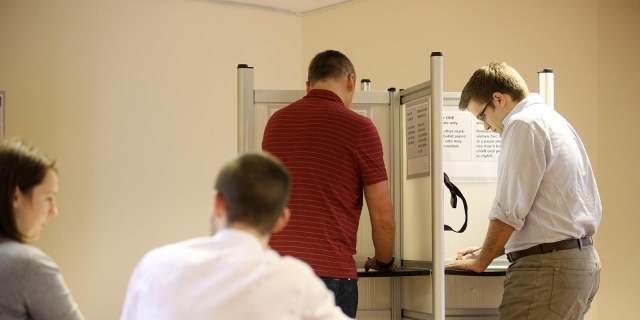Davide.Tiberti Research & Evaluation Manager, Electoral Commission
1 December is an important date in the electoral calendar: revised registers are published at the end of the autumn canvass and a snapshot is taken of each register held by local authorities across the country. This data is then collected at a national level, to be used for official statistics, boundary reviews and as an indication of the effectiveness of activity undertaken by each Electoral Registration Officers (EROs).
Today we published our assessment of the December 2016 registers. The data shows an increase (+2.5%) in the size of the local government electorate since December 2015, mainly as a result of the high level of registrations made ahead of the May 2016 polls and EU referendum.
More positively, the number of attainers increased by 18% and, while this is a significant increment, the figure is still approximately 30% smaller than the number registered in February/March 2014, before the transition to the new registration system started.
Overall, our analysis confirms the findings from our study published in summer 2016 on the accuracy and completeness of the December 2015 registers, the ultimate indicators of the quality of the registers.
In that report, our final assessment on the transition to the new system of Individual Electoral Registration (IER), we found that accuracy increased by 4 percentage points during the transition (June 2014 to December 2015) while completeness remained broadly stable, with a decline of less than 1 percentage point.
The trend seen since then shows that many people registered to vote before the May 2016 polls and the EU referendum and, as a result, register entries increased by 3.9% between December 2015 and June 2016. During the autumn canvass, EROs undertook house-to-house activity, and as many redundant entries were removed, register size decreased by 1.5% since June 2016.
This trend confirms IER is a genuine ‘all-year round’ system and the December electorate is only a snapshot. Entries fluctuate throughout the year: they increase at election time as people are now more likely to register in the build-up to the polls than during the autumn canvass, but they decrease for the publication of the revised registers in December as house-to-house activity helps EROs to audit the accuracy of their register.
As a result the registers in use at elections are more likely to be complete, while the December ones are probably more accurate.
The high level of additions and deletions achieved in 2016 indicates that the quality of the registers has remained largely stable over the last year (91% accurate and 84% complete in December 2015) although this does mean that approximately 8 million people are not correctly registered.

Also the system was significantly helped by the high-turnout polls that took place in May 2015 and 2016. In fact, there are signs that the system won’t be sustainable in the long term as without high-profile electoral events, accuracy and completeness could decline.
Many of the new IER provisions – mainly the two-stage canvass process – increased the cost of the autumn canvass and reduced its efficacy.
Moreover, the introduction of online registration has significantly changed the way people register, with almost 80% of applications submitted online and two thirds of registrations made outside the canvass period.
Pilots set up by the Cabinet Office, to test different approaches to canvassing, may provide useful insight into how to improve the efficiency of the autumn canvass; however, in the longer term we believe it is time to move away from a system where individuals have to re-register every time they move home and towards a more automatic system of registration. One specific aspect of this type of system could be the automatic registration of 16 and 17 year old attainers at the point National Insurance Numbers are assigned.
Our public opinions surveys show that public would support such a change: while 80% of people are satisfied with the registration system, satisfaction is lower among younger age groups who are the least likely to be registered (63% of 18-24s compared to 89% among over 65s).
More than half (56%) supports a more ‘direct’ form of registration – either automatically registering people when they reach voting age (36%) or updating an entry when someone moves home (20%).
Individual Electoral Registration has been in place for a year and made the registration process more secure with people having to provide their date of birth and National Insurance number when they apply to register to vote. Now, further work is needed to make electoral registration even more convenient and as cost-effective as possible. The Commission, working with the Cabinet office, will strive to further modernise the registration process so that it keeps pace with technological developments.

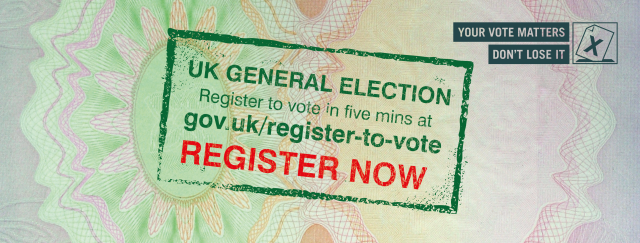
 The announcement of the General Election on 8 June came before the dust had settled finally on some aspects of the regulation of the 2015 campaign. That is the nature of democratic politics. In any case, the Electoral Commission had contingency plans in place. We are already playing our part in helping local authorities and others to make sure the electoral process runs smoothly. We will be working to ensure that candidate and party campaigning is conducted according to the rules and regulations set by Parliament under the Representation of the People Act 1983 and most recently in the Political Parties, Elections and Referendums Act of 2000 – the Act which set up the Commission.
The announcement of the General Election on 8 June came before the dust had settled finally on some aspects of the regulation of the 2015 campaign. That is the nature of democratic politics. In any case, the Electoral Commission had contingency plans in place. We are already playing our part in helping local authorities and others to make sure the electoral process runs smoothly. We will be working to ensure that candidate and party campaigning is conducted according to the rules and regulations set by Parliament under the Representation of the People Act 1983 and most recently in the Political Parties, Elections and Referendums Act of 2000 – the Act which set up the Commission.

